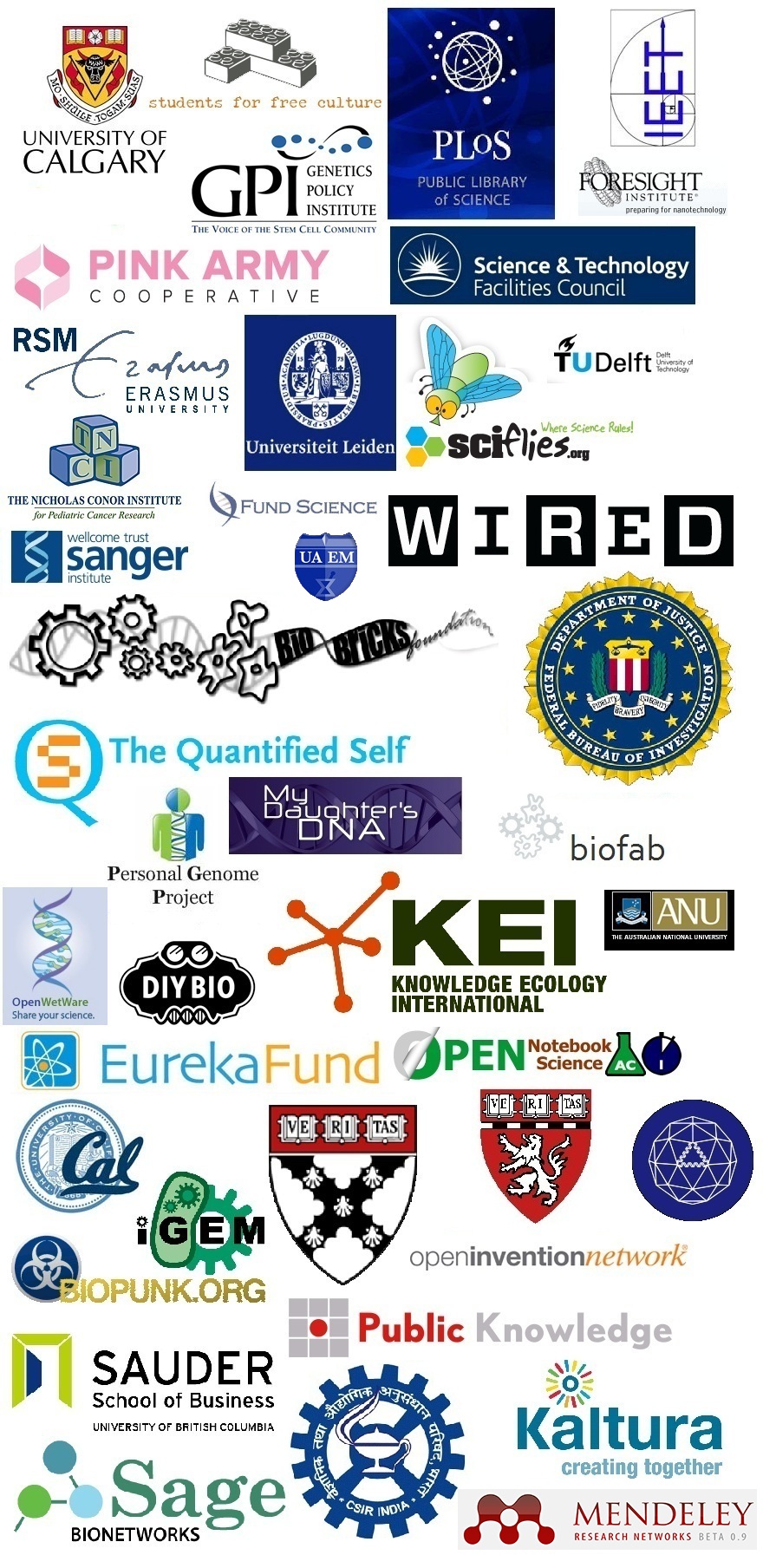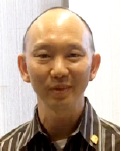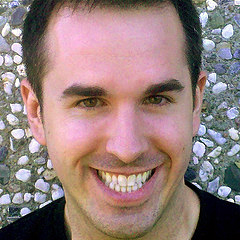From DIY to DIWO: biohackers, synthetic biologists, and FBI to dialogue at Open Science Summit
July 26, 2010 by Amara D. Angelica
 A new generation of biohackers is literally taking the future of biology into their own hands, and it’s raising some red flags with the government. The basic concern: how can we avoid proliferation of dangerous bioagents?
A new generation of biohackers is literally taking the future of biology into their own hands, and it’s raising some red flags with the government. The basic concern: how can we avoid proliferation of dangerous bioagents?
The situation will come to a head on Friday night July 30 at the Open Science Summit conference at UC Berkeley. Edward You, Supervisory Special Agent in the FBI’s Weapons of Mass Destruction Directorate, Countermeasures Unit, Bioterrorism Prevention Program, who recently testified at the first meeting of the President’s Commission on Bioethetics, will join leaders in synthetic biology to discuss safety and security concerns about open-source DIY bio, which enables any biohacker to gin up a new organism in their kitchen.
This comes after a special Washington DC workshop last Thursday with the FBI, where regional DIY leaders discussed how to work with the agency to head off potential abuses. “One theme that emerged from the workshop was the possible transition from pure DIY to a ‘do it with others’ (DIWO) structure,” said Open Science Summit organizer Joseph Jackson, who attended the workshop. “DIY leaders in San Francisco, New York, and Boston agreed to encourage groups of biology hobbyists to work on creating some basic infrastructure, while still preserving a ‘hacker ethic’ and non-institutional culture.”
One recommendation was that DIY biologists should join the Institutional Biosafety Committee (IBC) of local research entities, said Jackson. “All labs that receive NIH funding for recombinant DNA work are required to have an IBC. And the NIH rules stipulate that ‘every committee is required to have two members not affiliated with the institution who represent the interests of the surrounding community with respect to health and protection of the environment.’ By joining these discussions, DIY practitioners can learn procedures for correctly disposing of hazardous materials that could arise in the course of their work and also educate institutional scientists about the needs, motivations, and projects being done by a new set of citizen biologists.”
But the scope of the Open Science Summit conference next weekend is much broader. More than fifty speakers will discuss the most pressing and controversial questions affecting the future of global innovation in biology, ranging from gene patents and open-access journals (University of California universities are threatening a collective boycott about submitting papers and reviews to Nature magazine) to direct-to-consumer (DTC) genetic testing services.
Last week, congress came down hard, hauling representatives from three major DTC genetic testing companies to Washington to defend their companies, their industry, and the practice of DTC genetic testing, and to assure that the American public is presented with information that is accurate, safe and effective.
The Open Science Summit will be held July 29–31 at the International House on the University of California, Berkeley campus, at 2299 Piedmont Avenue at Bancroft Way in Berkeley.

